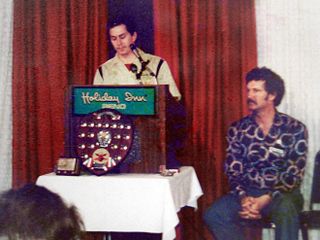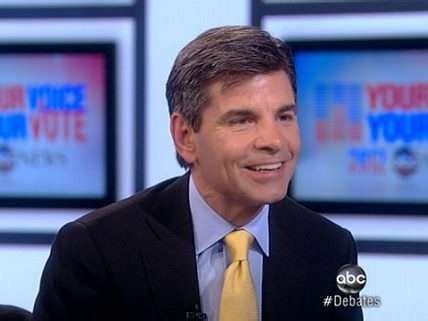A Quote by Catherine Wilson
About 70% of what I've written about is centered on the clashes and conformities between the emerging life and physical sciences and older metaphysical frameworks in the 17th and 18th centuries. The other 30% consists of one-off essays or researches into other intriguing contemporary topics such as visual experience, aesthetics, social justice issues, and the epistemology of moral knowledge.
Related Quotes
The great philosophers of the 17th and 18th centuries did not think that epistemological questions floated free of questions about how the mind works. Those philosophers took a stand on all sorts of questions which nowadays we would classify as questions of psychology, and their views about psychological questions shaped their views about epistemology, as well they should have.
A … difference between most system-building in the social sciences and systems of thought and classification of the natural sciences is to be seen in their evolution. In the natural sciences both theories and descriptive systems grow by adaptation to the increasing knowledge and experience of the scientists. In the social sciences, systems often issue fully formed from the mind of one man. Then they may be much discussed if they attract attention, but progressive adaptive modification as a result of the concerted efforts of great numbers of men is rare.
One of the interesting things about the history of poetry in the 16th, 17th, and 18th centuries is that people who read liked getting their information in rhyme just as much as in prose. The genre that we would think of as nonfiction often was written in verse in forms like the Georgic when people thought that one of the tasks of poetry was conveying arguments and information in a pleasant way.
It seems perfectly clear that Economy, if it is to be a science at all, must be a mathematical science. There exists much prejudice against attempts to introduce the methods and language of mathematics into any branch of the moral sciences. Most persons appear to hold that the physical sciences form the proper sphere of mathematical method, and that the moral sciences demand some other method-I know not what.
The word crap is actually another word that's very, very old. It was taken over from 17th century England by the pilgrim fathers and Americans were talking about things being crap in the 17th and 18th centuries. What Sir Thomas Crapper – complete coincidence – does is not invent the flushing toilet, as many, many people believe, but was a great promoter for it. He ran a business marketing other people's products and that's why his name was on them. When the American soldiers came over in the First World War, they all thought it was hilarious that it said 'crapper' on them.
The indispensability argument seeks to assimilate the epistemology of metaphysical statements to the epistemology of statements that are obviously empirical. I think it fails to achieve this goal. The argument does not refute the Carnapian thesis that scientific theories and metaphysical claims differ epistemologically - observations can provide evidence for the former, but not for the latter.

































